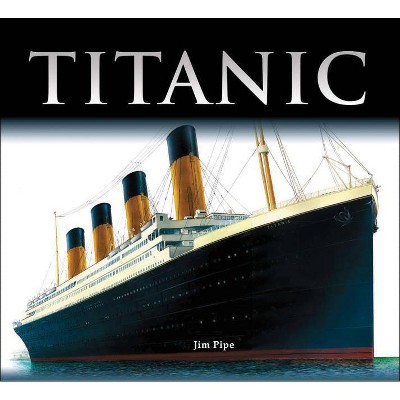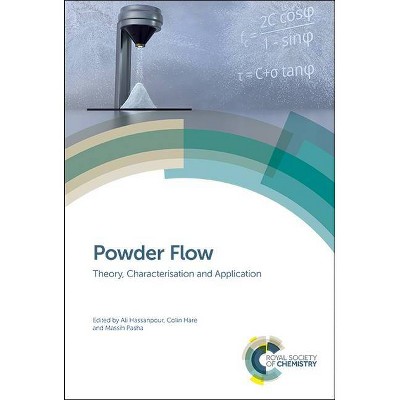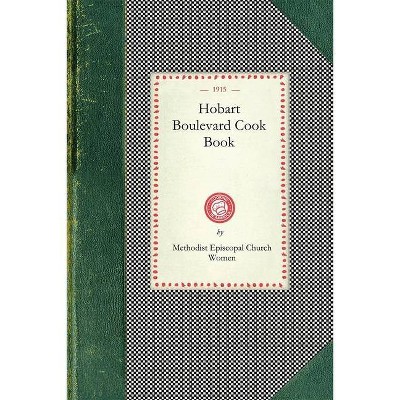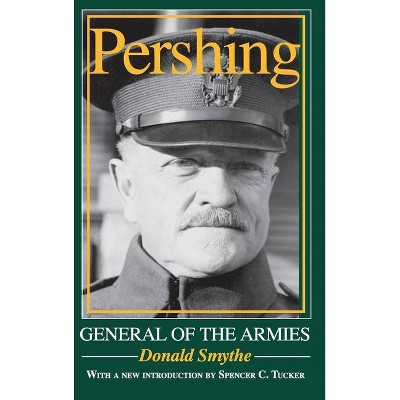Pipe Flow - by Donald C Rennels & Hobart M Hudson (Hardcover)
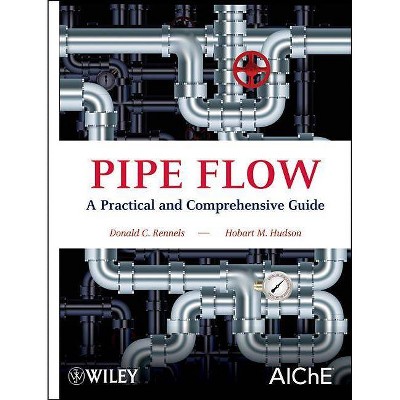
Similar Products
Products of same category from the store
AllProduct info
<p/><br></br><p><b> Book Synopsis </b></p></br></br><p><i>Pipe Flow</i> provides the information required to design and analyze the piping systems needed to support a broad range of industrial operations, distribution systems, and power plants. Throughout the book, the authors demonstrate how to accurately predict and manage pressure loss while working with a variety of piping systems and piping components.</p> <p>The book draws together and reviews the growing body of experimental and theoretical research, including important loss coefficient data for a wide selection of piping components. Experimental test data and published formulas are examined, integrated and organized into broadly applicable equations. The results are also presented in straightforward tables and diagrams.</p> <p>Sample problems and their solution are provided throughout the book, demonstrating how core concepts are applied in practice. In addition, references and further reading sections enable the readers to explore all the topics in greater depth.</p> <p>With its clear explanations, <i> Pipe Flow</i> is recommended as a textbook for engineering students and as a reference for professional engineers who need to design, operate, and troubleshoot piping systems. The book employs the English gravitational system as well as the International System (or SI).</p><p/><br></br><p><b> From the Back Cover </b></p></br></br><p>Presents the information needed to design and analyze piping systems</p> <p>With its detailed coverage of pressure drop and other phenomena related to fluid flow within pipes, Pipe Flow enables readers to design and analyze the piping systems needed to support a broad range of industrial operations, distribution systems, and power plants. Throughout the book, the authors demonstrate how to accurately predict and manage pressure loss while working with a variety of piping systems and piping components.</p> <p>Pipe Flow draws together and reviews the growing body of experimental and theoretical research on fluid flow in piping and its components, including important loss coefficient data gathered from various flow configurations. The book is divided into three parts: </p> <ul> <li> <p>Part I sets forth the essential methodology required to solve pipe flow problems. It begins with a discussion of the fundamental physical properties of fluids and the nature of fluid flow and ends with a method to assess the uncertainty associated with pipe flow calculations.</p> </li> <li> <p>Part II presents consistent and reliable loss coefficient data for a wide selection of piping components. Experimental test data and published formulas are examined, integrated, and organized into broadly applicable equations. The results are presented in straightforward tables and diagrams.</p> </li> <li> <p>Part III examines flow phenomena that affect the performance of piping systems, including cavitation and flow-induced vibration.</p> </li> </ul> <p>Sample problems and their solutions are provided throughout the book, demonstrating how core concepts are applied in practice. In addition, references and further reading sections enable readers to explore all the topics in greater depth.</p> <p>With its clear explanations, Pipe Flow is recommended as a textbook for engineering students and as a reference for professional engineers who need to design, operate, and troubleshoot piping systems. Pipe Flow employs the English system of units as well as the International System (or SI).</p><p/><br></br><p><b> Review Quotes </b></p></br></br><br><p>"This book should be valuable as a text for engineering students and as a reference for engineers who design, operate, and troubleshoot piping systems." (<i>Chemical Engineering Progress</i>, 1 August 2012)</p><br><p/><br></br><p><b> About the Author </b></p></br></br><p><b>Donald C. Rennels </b>has been working in the Nuclear Energy Division of GE since 1971. His work has included developing network flow models of reactor vessel internals and various nuclear steam supply systems as well as preparing technical design procedures. In his time at GE, he has won six General Manager Awards.</p> <p><b>Hobart M. Hudson</b> has been working in the Test Division of Aerojet since 1977. As a senior engineering specialist, he performed analyses of existing rocket test equipment and designed new equipment. As a mechanical engineering consultant, he has worked on various rocket test system designs and analyses, including the Mars Lander Engine.</p>
Price History
Cheapest price in the interval: 103 on November 8, 2021
Most expensive price in the interval: 103 on December 20, 2021
Price Archive shows prices from various stores, lets you see history and find the cheapest. There is no actual sale on the website. For all support, inquiry and suggestion messages communication@pricearchive.us
